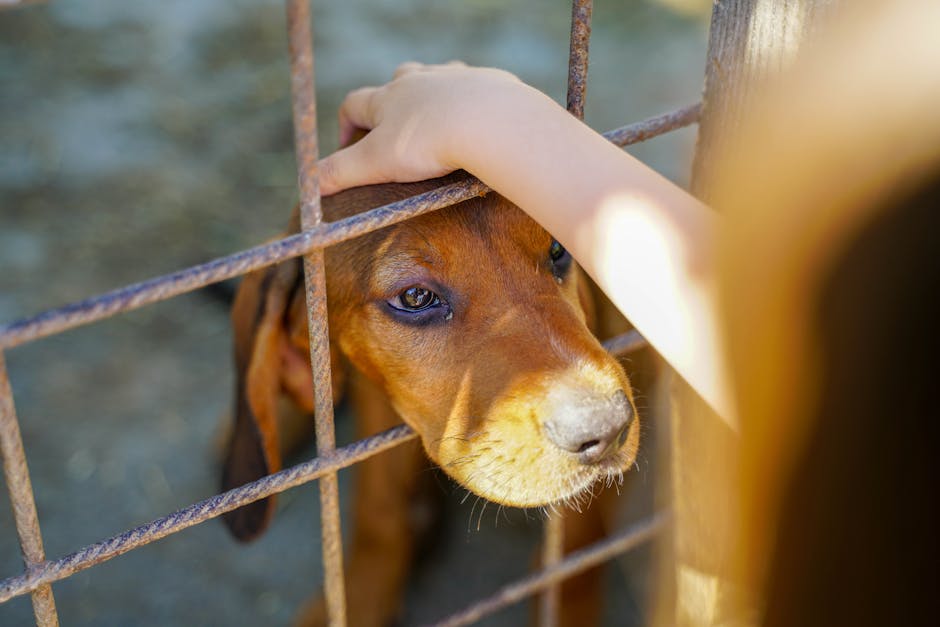Pet ownership is a rewarding journey, filled with unconditional love and companionship. However, a crucial aspect often overlooked is the role of preventative care in ensuring the long-term health and well-being of our furry friends. This article delves into the frequently debated topic of whether preventative care is integrated into the adoption process. A significant discussion about the practices surrounding this issue, alongside practical implications for new pet owners, will be examined.
Adopting a pet is more than just bringing a new family member into your home; it’s a commitment that extends beyond playtime and cuddles. Essential considerations, such as vaccinations, parasite prevention, and routine veterinary check-ups, form the bedrock of a healthy and happy life for your animal companion. So, is this crucial preventative care frequently included in adoption processes? The answer, regrettably, isn’t uniformly positive, and understanding the variations is paramount.
Many shelters and rescue organizations dedicate significant resources to promoting the health and welfare of animals in their care. Many proactively provide some form of preventative care, encompassing vaccinations and deworming, before an animal is available for adoption. This is frequently a key aspect of ensuring the safety and well-being of the animals and preventing the spread of disease. This proactive approach reflects a growing awareness of the importance of preventative health measures. Furthermore, reputable facilities often provide comprehensive health assessments, potentially including bloodwork and diagnostic imaging, to ascertain the animal’s overall health status. Importantly, this ensures adoption is linked to providing well-informed guidance for the prospective owners.
Conversely, other organizations may have less substantial preventative care protocols in place, leaving the responsibility for crucial health initiatives, such as vaccinations and parasite control, squarely on the shoulders of the adopting family. This approach can stem from budgetary constraints, resource limitations, or variations in the operational models of various organizations. In these instances, adopting families are expected to bear the costs and logistical challenges associated with ensuring the pet receives the necessary care. It’s crucial to acknowledge this variation.
A significant contributor to the lack of comprehensive preventative care within some adoption processes is the sheer scale of demand for adoptable pets. High numbers of animals in need often necessitate prioritizing immediate needs, such as shelter, food, and medical attention, over extensive preventative care protocols. This can also lead to situations where individual animal circumstances vary considerably, impacting the level of preventative care that is provided before adoption.
Crucially, the specific legal and regulatory frameworks governing animal welfare and adoption procedures differ across jurisdictions. These differences significantly influence the availability and scope of preventative care included in adoption packages. Some regions have stricter regulations demanding thorough health assessments and vaccinations, while others may possess less stringent requirements. A clear understanding of the legal landscape specific to the adoption process in a region is essential. New owners should inquire about the extent of preventative care included in the specific adoption agreement.
The financial burdens associated with preventative care can also impede comprehensive protocols within adoption processes. Many shelters and rescue organizations strive to keep their adoption fees reasonable, often making preventative measures, particularly those involving more costly procedures, challenging to incorporate. The financial resources available often necessitate compromises in comprehensive preventative care plans.
Beyond the initial adoption, ongoing responsibility for preventative care rests on the new owner. While some shelters may provide initial vaccinations and parasite treatments, routine veterinary check-ups, annual vaccinations, and specialized care remain the responsibility of the adopting family. Open communication with shelters and veterinarians is vital. This proactive approach can provide support to ensure a smooth transition and reduce potential health issues down the line.
Several key factors are decisive when assessing a shelter’s commitment to preventative care during adoption. The level of transparency regarding the animal’s health history, clarity about any pre-existing conditions, and availability of medical records significantly contribute. Comprehensive health assessments, including vaccinations, deworming, and parasite checks, are vital indicators of the organization’s commitment. Furthermore, clear guidelines about ongoing preventative care procedures, such as checkups and vaccinations, should be made available to adopters. Finally, the adoption fee and the level of support offered by the organization regarding these procedures should be carefully considered.
Ultimately, the question of whether preventative care is included in a pet’s adoption isn’t a simple yes or no. A nuanced understanding of the various practices within adoption organizations, encompassing regional variations and resource constraints, is crucial. Adopting families must be proactive in asking questions and ensuring their new companions receive the necessary preventative care. This proactive approach, combined with informed decision-making, ensures the pet’s well-being and fosters a strong bond built on mutual care and understanding. A comprehensive approach to preventative care, commencing with responsible adoption practices and continuing through ongoing veterinary care, promotes the long-term health and happiness of our beloved pets.
